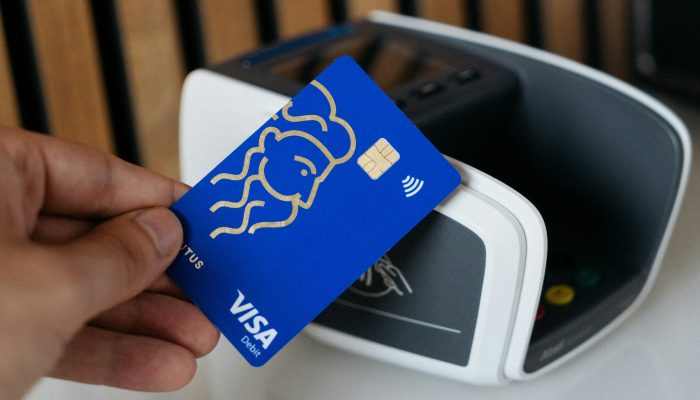
RS2 Whitepaper Reveals How Banks Can Thrive in the New Era of Embedded B2B Finance
RS2, a global payments processor and technology provider, has released its latest whitepaper, “The Rise of B2B Marketplaces and What It Means for Banks.” The report predicts that nearly 50% of global B2B sales will occur through online marketplaces by 2030, reflecting a major transformation in how businesses buy, sell, and pay.
The whitepaper explains that as digital procurement accelerates worldwide, B2B marketplaces are becoming the primary interface for global commerce, reshaping the flow of funds and the role of banks in business transactions.
RS2 highlights that banks can remain competitive by leveraging AI-driven orchestration and embedded finance, integrating seamlessly into B2B marketplaces to support payments, financing, and operational efficiency. With global investment in B2B marketplace platforms up 450% since 2016, this evolution presents both challenges and opportunities for financial institutions.
“Marketplaces are redefining B2B commerce,” said RS2’s CEO, Radi El Haj. “Banks that embed real-time, data-driven services into these ecosystems will not only remain relevant but will lead the next decade of growth.”
According to RS2’s research, investment in B2B marketplaces increased 450% between 2016 and 2022 to reach $6.4 billion. By 2030, 49 percent of all B2B transactions, worth more than $16 billion annually, are expected to take place through online platforms. Rapid expansion in markets such as India and Latin America has driven this transformation, with platforms like Udaan and Tiendanube reporting double-digit growth in 2024 and 2025.
The paper highlights how advances in instant payments, account-to-account transfers, and SuperApps such as WeChat, AliPay, Grab, and Kaspi are accelerating the integration of payments and finance within marketplace environments. As a result, businesses now expect real-time, frictionless transactions and embedded financial services alongside procurement.
For banks, this evolution represents both an opportunity and a challenge. Traditional banking relationships risk being disintermediated as marketplaces become the central layer between buyers and sellers. To stay competitive, banks must deliver cloud-native API integrations that support ISO 20022 standards and leverage artificial intelligence to optimize payments across multiple rails and currencies. RS2’s analysis shows that a bank processing $10 million per day could save up to $4 million per year by implementing AI-driven transaction routing and optimisation.
“We are entering an era where B2B marketplaces act as both payment platforms and financiers,” added El Haj. “RS2’s orchestration and AI capabilities allow banks to integrate once and operate everywhere, achieving greater efficiency, lower costs, and stronger compliance.”
The whitepaper concludes that payments orchestration will become a defining capability for banks as embedded finance expands. RS2’s AI-enabled, ISO 20022-compliant orchestration platform enables banks to process multi-currency, multi-rail transactions around the clock while maintaining full regulatory alignment, including FedNow in the United States and PSD3 in Europe. By harnessing transaction data for fraud prevention, cash-flow forecasting, and credit scoring, banks can deliver the transparency and efficiency businesses now demand.













